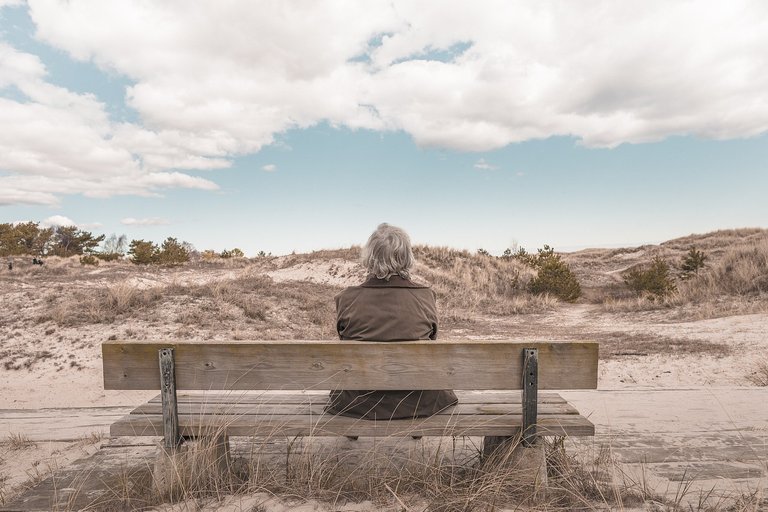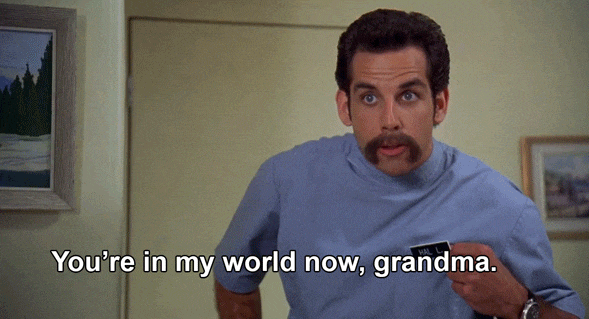
According to Care Quality Commission inspectors who had been tasked with investigating the state of elderly care in the UK, trying to find some good elderly care is equivalent to playing a game of Russian roulette.
They suggest that 1 in 4 services are failing miserably when it comes to meeting basic needs of those who are receiving their services.
Among the problems are the failure of the various care services to meet the needs of those they are looking after, in the way of getting them enough food to eat or drink, and they have been caught having issues getting them their right sort of medication.
Other problems they found were instances where staff failed to help people meet their toilet needs and when there were short staffing issues they left people in their beds for extended periods of time. The inspectors suggest that currently there are tens of thousands of people being cared for in places that have been analyzed as having inadequate services.

We would always hope that our loved ones would be there to take care of us if needed, but for many that isn’t the case and sometimes the needs become too much of a burden for the family to deal with, or they don’t have the knowledge or skills to assist in the way that is necessary.
When it comes to finding good elderly care in many places, it could be just as difficult trying to find something trustworthy that provides quality care.
When trying to provide a general service such as elderly care, yet attempting to go about meeting the individual needs of hundreds of thousands of different people etc, it’s no surprise that it would be difficult to provide an individualized sort of care that could meet everyone’s own personal needs.
For some families, it really is a struggle for them to find the right sort of care for their loved one and when they do find the right kind, sometimes they don’t feel as in control as they would like to or like there isn’t enough oversight or transparency as there should be.
Researchers suggest that the demand is going to grow along with the aging populations but that the services are shrinking and good services are becoming more difficult to find.

One industry expert (and likely others) has suggested that the reason for the shortcomings might be because too much attention is paid to safety rather than trying to fuel innovation and imagination in this market area. Because of the over-adherence to safety, it’s suggested that the elderly are subjected to unnecessary suffering as a result.
Perhaps the elderly care market does need some revamping in the way of imagination and innovating a new way of providing the right sort of care to meet the diverse demands. Especially for those who can come up with some sort of oversight assurance to settle the families worries that their loved ones aren’t receiving the right care that they are paying for or in need of etc, those sorts of services that can offer that reassurance will be more likely to succeed.
Consumers today want transparency, especially when it comes to the care of our loved ones. Today’s standards are failing to meet the needs for many and according to various reports and instances of failure, it’s clear that these valuable services could really use some improving.
It’s already been suggested that a shift has been made away from nursing homes and more towards assisted living arrangements, and a variety of adult sort of daycare services. Quite often it’s too expensive for families to opt for a full-time nursing home arrangement so that is one of the reasons that there is a shift toward alternatives.
Another is because people want more freedom and less restriction and they want something that meets their needs, rather than them having to sort of succumb to an unfamiliar schedule or way of doing things that might be completely new to them.

Pics:
Pixabay
Happy Gilmore via Popkey
Giphy
Sources:
http://www.mirror.co.uk/news/politics/care-homes-like-russian-roulette-10746307
https://www.theatlantic.com/business/archive/2015/04/who-will-care-for-americas-seniors/391415/
https://www.forbes.com/sites/nextavenue/2014/09/24/why-elder-care-in-america-isnt-working/#51b202aa35f8
https://www.theatlantic.com/health/archive/2016/02/nursing-shortage/459741/
http://www.adweek.com/digital/sherry-gray-guest-post-elderly-care-mobile-on-demand/
http://usatoday30.usatoday.com/money/perfi/eldercare/2007-06-24-elder-care-costs_N.htm
Funny, I was just dreaming last night that one of my grandpa was very difficult for someone to take care off him and I don't now many people that would have wanted to take care of him.
Wow. This really hits home with me right now. My dad just spent several weeks in a nursing home for elderly people in need of temporary medical supervision and physical therapy.
It was an awful place. Although many of the staff were kind and tried hard, there were just not enough of them to make things run properly. Dad couldn't get out of bed on his own, so they were supposed to get him up into a wheelchair for a few hours every day. However, on the weekends, they were severely understaffed and Dad would have to stay in bed for 48 hours straight. And this was supposed to be a 4 star establishment!
In addition, the food was absolutely terrible--like prison food. It was so bad that my dad lost his appetite and, if we hadn't brought him two home-cooked meals a day, I'm sure he would have wasted away to nothing.
This is in the United States. I don't doubt that many western nations are facing similar problems with elder care. With couples having to work more and more to make ends meet, it can be extremely difficult to take in an aging parent. And unless your loved one has expensive private insurance, the really nice homes are not going to be covered for them.
I like the idea of the alternatives you mentioned. Adult daycare sounds especially promising. I've also thought that, for elderly people whose medical needs aren't too critical, it would be cool to have them share homes or apartments with responsible college students who could do things like make sure they get their groceries, do yard work, and just be around in case there's a fall or an emergency of some kind. In exchange, the student gets free rent.
What bothers me even more than lack of good facilities is the disinterest in the younger generation to provide emotional support and quality time for the elderly. I do my best to spend time with my parents and have a very frequent dialog. I advocate the same to my peers and younger generation. I hope the trend changes some day. Anyway - Thanks for this considerate article. The first image really touches my heart.@doitvoluntarily - It is indeed sad to see diminishing focus in the society on caring for elderly. I guess it is all the game of 'bottom line' in this profession/ service as in all medical services these days. Perhaps the economic model does not prove to be as lucrative as some other services.
I am continuing to focus on my beloved wildlife blogs (with my original photos and content). I have posted one about Brave-heart lion cubs -
Lions in the making - A cub's story. I request you to take a look when you have time. Your comments would be eagerly awaited. Thanks.
Brilliant article and thank you. You are so right, care of our Elders is at critical point and needs to be addressed urgently. We face an exploding population of ageing adults as Baby Boomers join the ranks of the Elderly.
You may find this article “ Ageing Life’ most dangerous Game”from the Charlotte Observer interesting.
"Dr. Bill Thomas, a Harvard-trained geriatrician, has worked to improve the way nursing home care is delivered. He has encouraged caregivers to treat “residents” as people who need care, not just patients who need treatment.
His ‘Eden Care’ homes introduce animals, plants and music to alleviate boredom and loneliness. Whilst he agrees that these are better alternatives to what is currently available, the problem is deeper than this.
He said “I came to understand that the issue went beyond long-term care. It’s about our culture and our society. It’s about ageism in our society.”
He created “The Age of Disruption” – a 30-city tour that includes his one-act, 80-minute “non-fiction theater” performance, “Ageing: Life’s Most Dangerous Game” – to inspire people to “disrupt” the way they think about ageing.
"Ageing: Life’s Most Dangerous Game" focuses on the possibility of growth late in life, even though the typical dementia story is one of loss and despair. The show uses original music, storytelling and games to convey the meaning of serious neuroscientific research about how the brain changes with age, Thomas said.
Cryptopay - ORDER BITCOIN DEBIT CARD and Wallet with advantages 😃 NFC 2.5 $ iphone https://steemit.com/card/@happycoin/cryptopay-order-bitcoin-debit-card-and-wallet-with-advantages without spaces 😎
This post deserves upvote and resteem.
Your post is very interesting to follow ....
I am new person, please help my vote ...?
This sad situation seems to be a result of two overlapping forces:
Perhaps "dementia tax" wasnt such a bad idea after all? But my guess you voted Labour? ; )
It's so heartbreaking to know that our elders worked all their life to end up in a place where they are sometimes treated worst than in prison...
In India this is even worse than the UK.